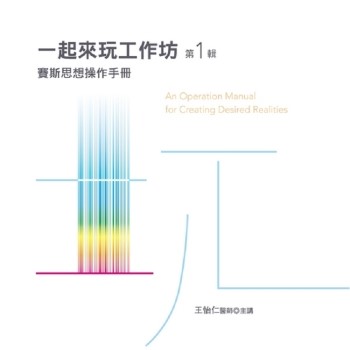This book offers a critique of social justice theory and its impact on entrepreneurship scholarship. It traces its deep roots in postmodernism by positioning entrepreneurship within these new intellectual, social, and economic environments. It highlights current philosophical assumptions, with implications for boundary conditions that we apply as scientists. Science depends on theoretical assumptions and boundary conditions. Unfortunately, a glaring weakness in entrepreneurship research has been its general failure to identify these premises. No theory is universally applicable, so its assumptions and boundary conditions are what give it analytical power. Where do they come from? Simply stated, they come from a theory’s philosophy of science. However, even more rare than stating assumptions and boundary conditions is to discuss a study’s governing philosophy. In fact, no known research published in entrepreneurship has discussed a study’s philosophical orientation. This provocative work details postmodern concerns related to critical theory, their origins, their status, and specifically how they impact entrepreneurship and those who are not designated as either the victimized or part of the white patriarchy. It will challenge the current direction of entrepreneurship research and confront the general acceptance of the tenets of postmodernism among management scholars.
| FindBook |
有 1 項符合
Entrepreneurship in a Time of Social Justice Advocacy的圖書 |
 |
Entrepreneurship in a Time of Social Justice Advocacy 作者:Fiet 出版社:Palgrave MacMillan 出版日期:2023-07-09 語言:英文 規格:精裝 / 365頁 / 普通級/ 初版 |
| 圖書館借閱 |
| 國家圖書館 | 全國圖書書目資訊網 | 國立公共資訊圖書館 | 電子書服務平台 | MetaCat 跨館整合查詢 |
| 臺北市立圖書館 | 新北市立圖書館 | 基隆市公共圖書館 | 桃園市立圖書館 | 新竹縣公共圖書館 |
| 苗栗縣立圖書館 | 臺中市立圖書館 | 彰化縣公共圖書館 | 南投縣文化局 | 雲林縣公共圖書館 |
| 嘉義縣圖書館 | 臺南市立圖書館 | 高雄市立圖書館 | 屏東縣公共圖書館 | 宜蘭縣公共圖書館 |
| 花蓮縣文化局 | 臺東縣文化處 |
|
|
內容簡介
作者簡介
James O. Fiet is the Brown-Forman Chair in Entrepreneurship and Professor of Management at the University of Louisville, USA. He founded both the entrepreneurship PhD program and the Institute for Entrepreneurial Research. He is in the top 1% of all entrepreneurship researchers world-wide with more than 63,000 research reads. According to Stanford University, he is in the top 2% of all scientists in the world across all disciplines. He was an editor for 10 years of Entrepreneurship Theory and Practice, which was the #2 ranked journal for all business disciplines. Before his appointment as editor, the journal was unranked. He published the most cited entrepreneurship article during the last 8 years. He has published the following theoretical treatises: The Systematic Search for EntrepreneurialDiscoveries (2002); Prescriptive Entrepreneurship (2008); Time, Space and Entrepreneurship (2020); The TheoreticalWorld of Entrepreneurship (2022); and, The Entrepreneurial Solution to Poverty and the Science of What Is Possible (2022). Coming soon is Entrepreneurship in a Postmodern Age.
|










